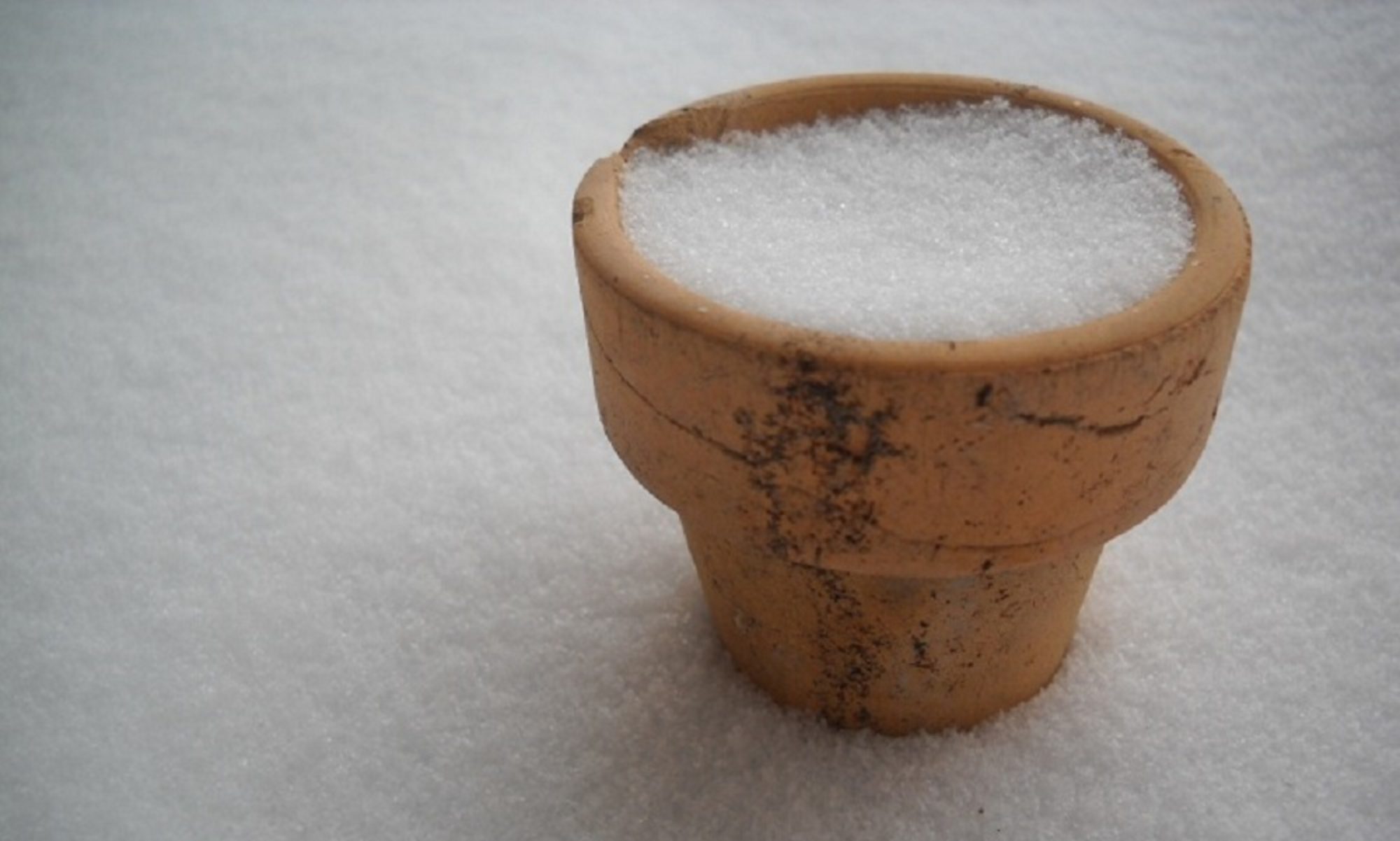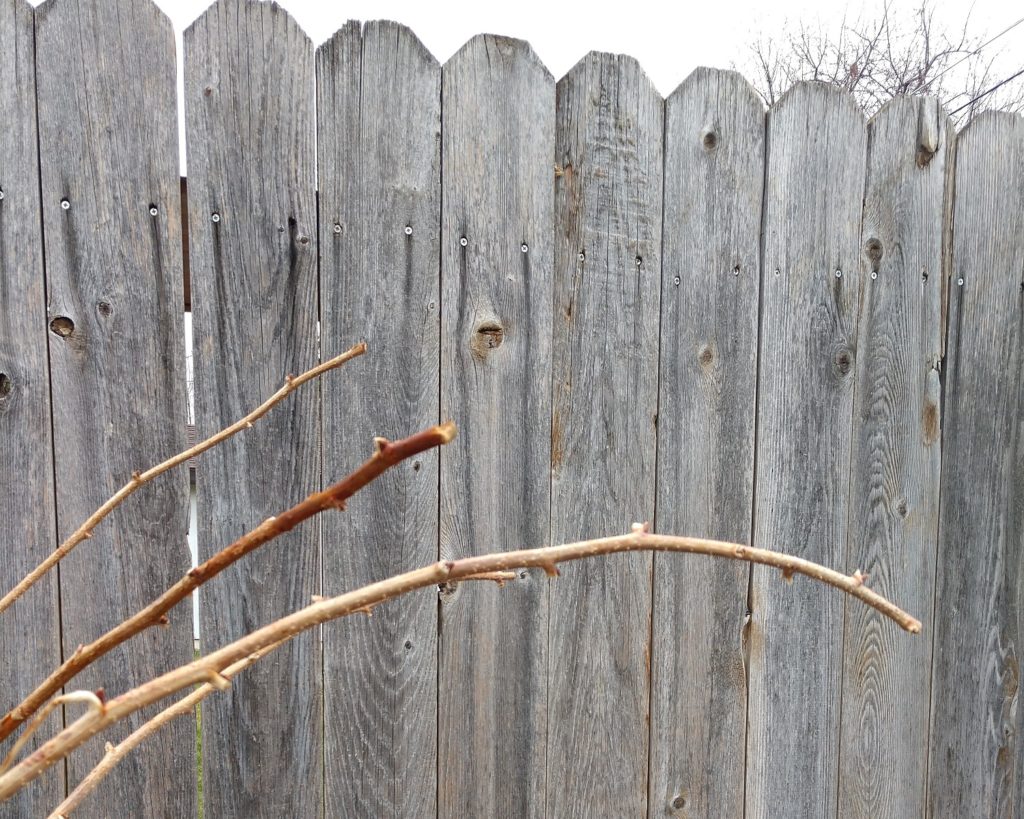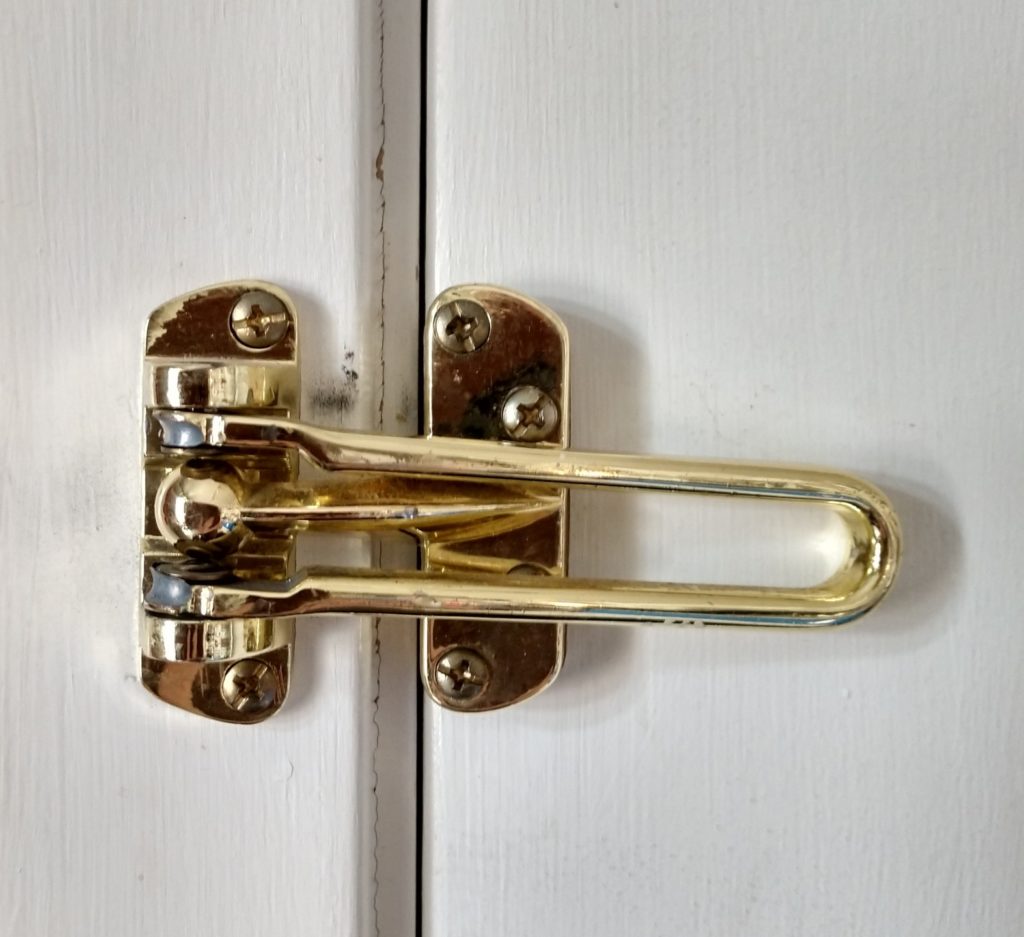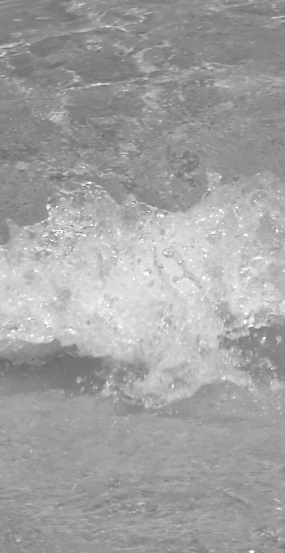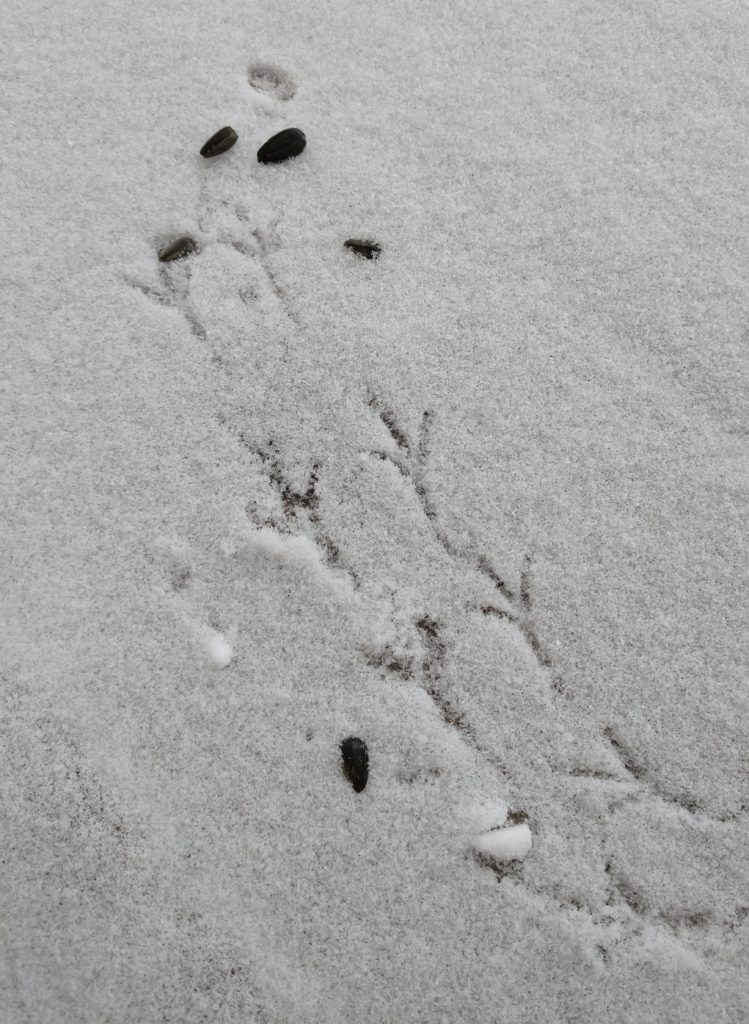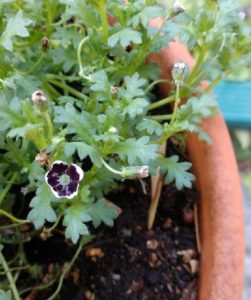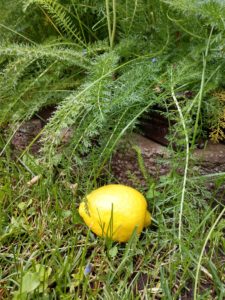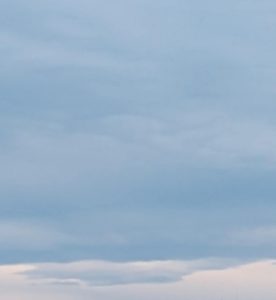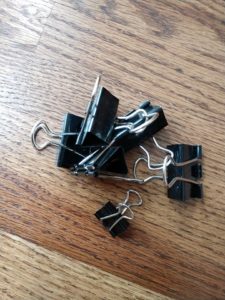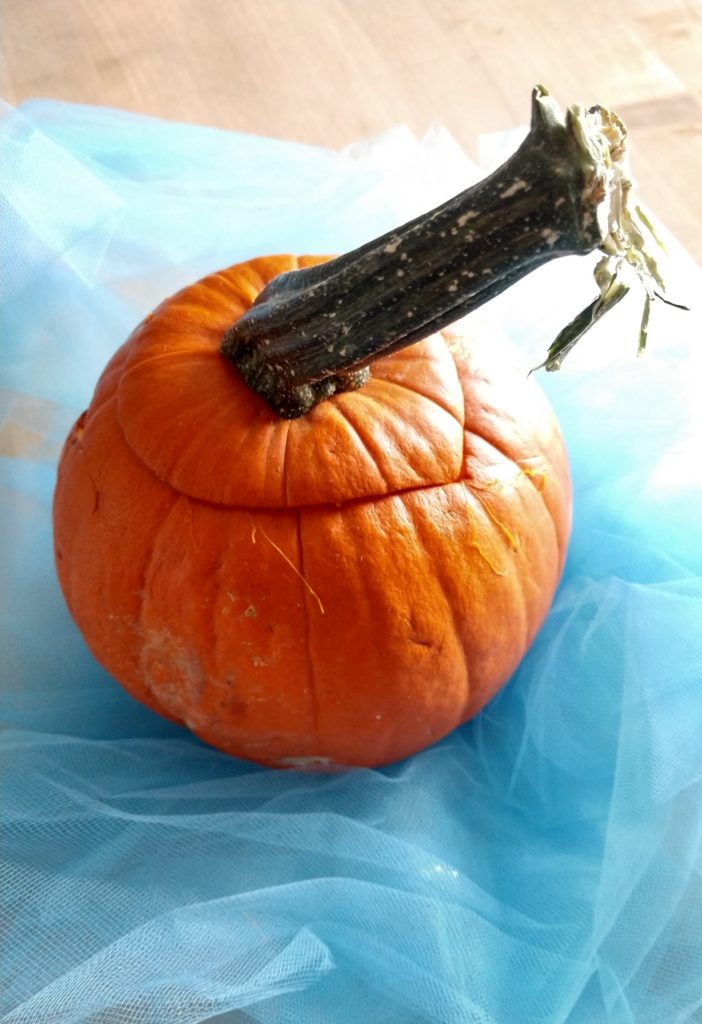Do you lay awake wondering what you are supposed to do to try and fix the world? Or is it just me? Even though you know it isn’t your job, do you still have a hard time sleeping because you feel like you should be doing something? Do you find it hard to appreciate what you have, while knowing so many have so little? Do you ever feel guilty about having so much?
I know it’s not just me.
I took my father to get his first shot. The person behind the counter asked to see his insurance card. “I’m sorry,” I said, “but he lost his insurance card.” “Well, can I see his driver’s license?” I sheepishly looked at her and said, “He lost that, too.” Now she was frustrated. “I’m not trying to be difficult. I am trying to help you.” I apologized, again, and told her that I wasn’t trying to be difficult, either. She said, “Everyone has either an insurance card or a driver’s license.” What I wanted to say was, “Apparently, that is not the case,” but what I said was, “How do homeless people get the shot?” She said, “Homeless people have driver’s licenses.”
(I provided his social security card – the new one I’d obtained, because he’d lost his social security card, too. After much harrumphing, speaking to the manager, and giving me the side-eye, she announced that he would be able to get the shot.)
Maybe she didn’t get the memo – the one explaining that not everyone has all these forms of I.D. Most likely, she was having a bad day. I couldn’t help thinking that there are a lot of folks out there who don’t have any of the “requirements” necessary to get the vaccine. Are they just not getting it? Does anyone help them jump through the hoops to get the vaccine? Do they have an advocate to insist that they are entitled to get the shot, too?
I came away from that exchange wondering how out of touch many of us are with the realities of others. We view the world from our perspective and make assumptions. How inaccurate are those assumptions? We stare at the curated feed on our favorite social media platform, and unless we check in with differing news sources, most of us tend to think that our version of reality is the most common version.
If I wake up with a solid plan to fix the world, wouldn’t my “fix” simply be my attempt at making someone else’s reality look more like mine? It’s not like I have the market cornered on success or happiness just because I have an insurance card, a driver’s license, running water and a roof over my head. Who am I to think I might have a clue how to fix the world when there are SO many different ways of being in the world?
And so I fix my corner of the world.
Spring is coming and the raspberries are needing my attention. While I hate cutting back on any of the canes because I feel like that is eliminating potential for berries, I know they are healthier if I cut them. I Google how to do it, again, because I can’t ever seem to remember the wise tips on proper pruning. I put on long sleeves and leather gloves. I really should wear protective glasses, but going to get them would interrupt my momentum. I snip a couple at the base. I step back to get the big picture and decide which one will be sacrificed next. Thirty minutes have gone by and I’m completely focused on the task at hand. I’ve stopped thinking about the woman at the pharmacy, or whether there’s another outbreak of gun violence in the country. I stopped fretting about just what is expected of me next, or how I will most certainly fail to meet that expectation. I pull out a long cane and scratch my cheek. Because it’s warm enough to take off my jacket, my arms now look like I have been losing a cat fight. The scratches hurt, but they give me something else to focus on, besides the sacrificial pruning of the precious raspberry canes or the ills of the world.
Two hours later, I’ve managed to rake up the canes into piles for burning. I step back and admire the work completed. The sense of accomplishment pushes negative thoughts to the background. Tomorrow, I’ll light a bonfire to burn the canes. With the smoke from the fire, I’ll send up thanks to past and future raspberries and the health that allows me to work in the yard. I will give thanks for the good fortune of having a yard, a driver’s license and insurance. I’ll say a thanks, too, for being blessed with an extra helping of compassion.
As far as fixing the world, I’ll help where I can, when I can, and remember to save some of that compassion for myself.
